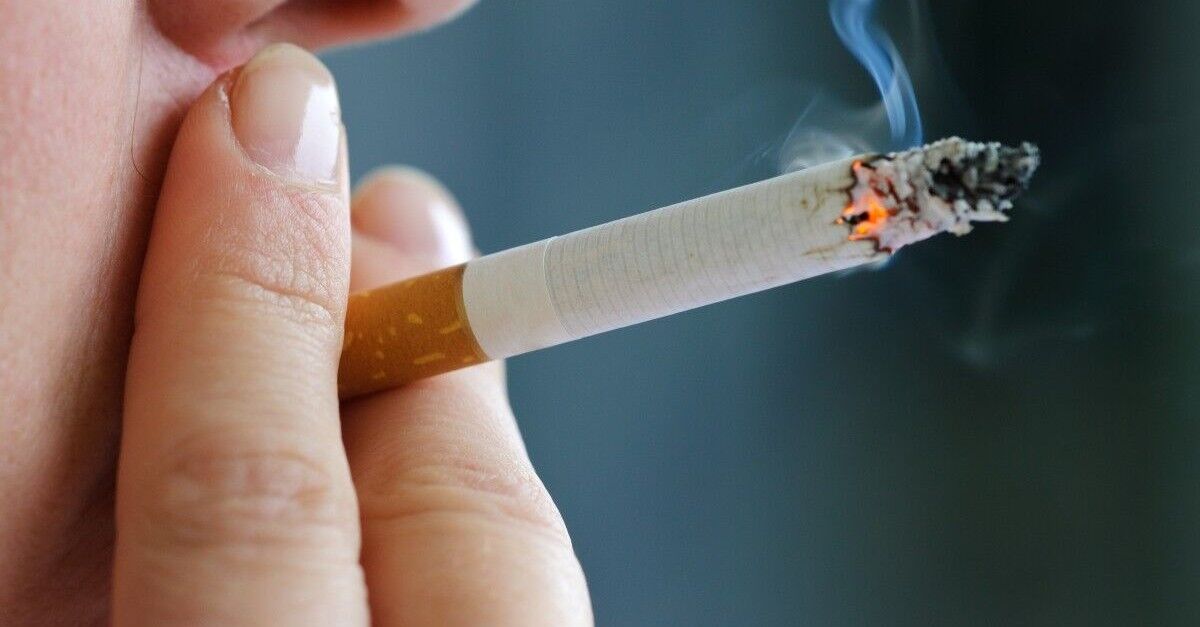Any level of passive smoking universally elevates the risk of atrial fibrillation, according to new research presented at the recent European Heart Rhythm Association congress.
The researchers examined the association between secondhand smoke exposure and the long-term risk of incident atrial fibrillation, aiming to add to existing research that has established links between passive smoking and coronary artery disease and premature death.
They found a dose-dependent relationship between passive smoking duration and atrial fibrillation risk, with each increase in the duration of weekly passive smoking linked with an even greater risk of atrial fibrillation.
The study included 400,493 adults aged 40-69 years (55.2% women) who had used the NHS for any reason and were enrolled in the UK Biobank. Current smokers and those with atrial fibrillation at baseline were excluded from the study.
A touchscreen questionnaire was used to ask participants the number of hours they had been exposed to other people’s smoke in a typical week over the past year at home and in other environments.
Participants were then categorised into the ‘exposed group’ if they had any contact with secondhand smoke and the ‘non-exposed group’ if they had no contact with secondhand smoke.
Some 85,984 (21%) participants had been exposed to secondhand smoke in the previous year, with an average exposure of 2.2 hours per week. During a median follow-up of 12.5 years, atrial fibrillation developed in 23,471 (6%) participants.
After adjusting for factors that could potentially affect the relationship, the group exposed to secondhand smoke had a 6% higher risk of incident atrial fibrillation during follow-up compared with the non-exposed group (hazard ratio 1.06, 95% confidence interval 1.03–1.10, p <0.001).
A dose-dependent relationship was observed, with 7.8 hours of passive smoking per week associated with an 11% higher likelihood of the heart rhythm disorder compared with no passive smoking.
The risk of atrial fibrillation for passive smokers was found to be raised in homes and workplaces as well as in outside spaces.
‘According to our study, once exposed to secondhand smoke, the likelihood of developing atrial fibrillation begins to increase, with the risk escalating significantly as the exposure time lengthens,’ said study author Dr Kyung-Yeon Lee of Seoul National University Hospital, Seoul, Republic of Korea.
‘The dangers of secondhand smoke were significant regardless of whether individuals were at home, outdoors or at work, indicating that exposure universally elevates the risk of atrial fibrillation.’
The authors said the results highlight the importance of smoking bans to protect public health and Dr Lee added that everyone should ‘make every effort to avoid spending time in smoky environments’.
He also urged policymakers to take note and ‘further curb smoking in public areas and support smoking cessation programmes to improve public health’.
In March 2023, the Federation of the Royal Colleges of Physicians in the UK warned of ‘significant and avoidable’ demand on NHS due to socio-economic inequalities, which included the impact of smoking.
Last year, questions were raised over whether the risk of atrial fibrillation increased with fish oil supplementation.
This article first appeared on our sister title Hospital Healthcare Europe.







